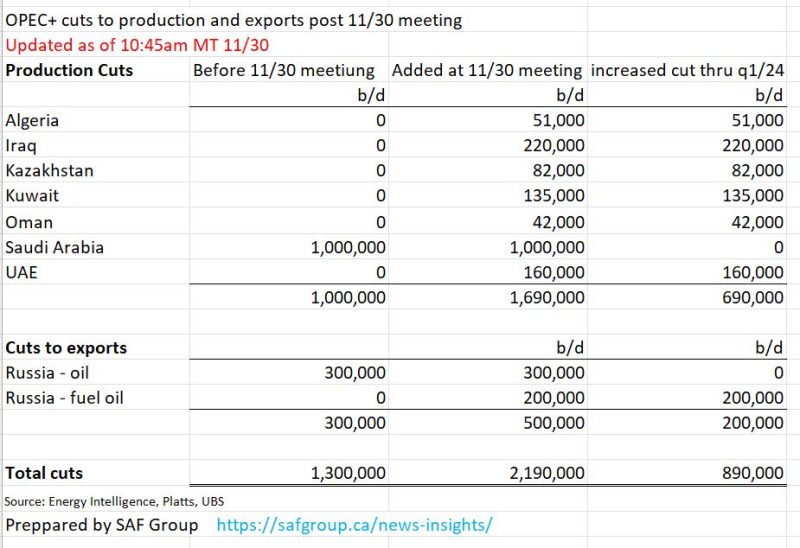The Organization of Petroleum Exporting Countries (OPEC) recently announced its decision to cut oil production in order to balance global supply and demand. The move was met with both enthusiasm and skepticism due to the potential consequences of such a decision.
The oil cut decision was made after a three-day meeting among OPEC and non-OPEC countries such as Russia. The cuts were largely aimed at stabilizing the global oil market, while also helping to balance supply and demand in order to avoid drastic spikes and drops in prices.
On the one hand, the decision was seen as a positive step. Lowering the production of oil will ultimately reduce the glut of oil worldwide and, as a result, raise prices. This could be a major boon to oil-producing countries who rely heavily on oil exports for their incomes.
On the other hand, there is some skepticism as to whether the cuts will actually have the intended effect. After all, oil production in the United States recently increased despite OPEC’s efforts. Therefore, the cuts may not be enough to balance global supply and demand, which could lead to further price fluctuations.
Moreover, the decision to cut oil production could lead to further economic losses for some countries. For instance, in Venezuela, where oil production is a major source of income, the effects of the OPEC cuts could be particularly pronounced.
Ultimately, the decision of OPEC to cut oil production remains a contentious one. While the organization’s goal is to bring greater stability to the global oil market, it is uncertain whether its efforts will be enough to actually balance supply and demand or if the decision will have negative economic consequences for countries that rely heavily on the sale of oil. As such, it is likely that this decision will remain a topic of debate in the coming months and years.
